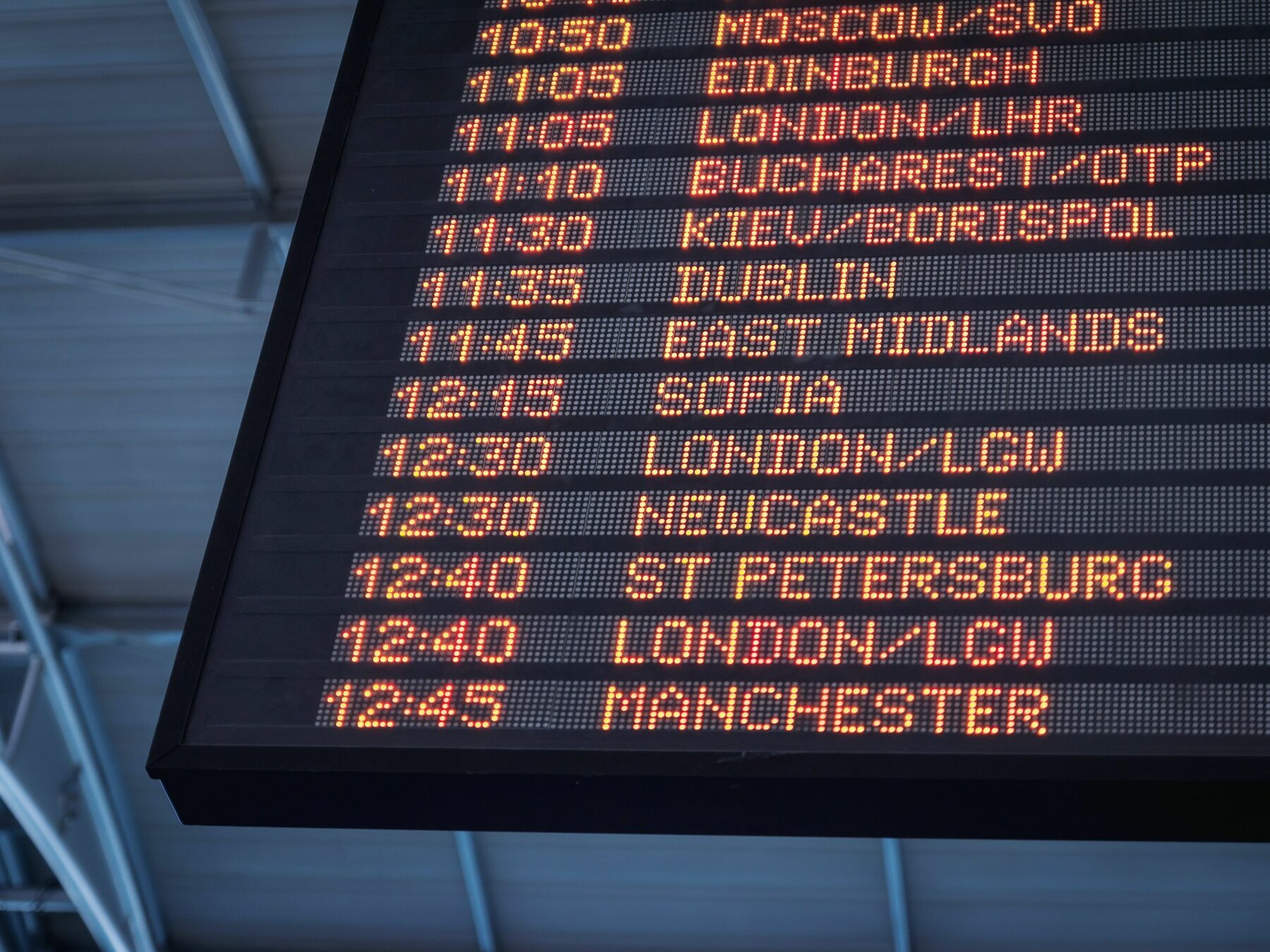Firstly, we advise employers to be sympathetic to those who are absent because of flight disruption, but unless their contract says otherwise, you are under no obligation to pay staff who are not working.
Being flexible with people in these situations is a better reflection of organisational values that your people can get behind. Rather than leaving them out of pocket and worrying about their job security if they can’t get home quickly, consider if an employee is able to – and has the equipment to – work productively remotely. Or as an alternative, on returning to work, shifts could be swapped or employees could agree to work extra hours to make up lost time (provided working time rules and rest breaks are observed).
If that is not feasible, you might consider granting an additional day’s leave and paying the employee, but you should give thought to whether this might cause resentment from other members of the team, especially if they have already done extra work while their colleague was on holiday.
Employees have a responsibility to contact their employer to let them know they will not be back at work as planned. You might consider asking them to take a day’s leave so that they will be paid, however, bear in mind it is unlikely you would be able to compel an employee to take leave, as employers must give a certain amount of notice to do this.
Normal absence notification procedures should be followed, and it would be helpful if employees spoke with their employer as soon as they know they will not be back in time for work so alternative arrangements can be made. These days, almost everyone has a mobile phone, so there shouldn’t really be any employee who does not have the means to quickly contact their employer. However, it may be that the timings of their delayed flight meant they were unable to get in touch when they should have, so keep an open mind.
If the employee does not get in touch, it would initially go down as unauthorised absence – until they confirm to you why they were not in. Where normal absence notification procedures have not been followed, find out why. Together you should come to an agreement about how the absence will be categorised.
Ultimately, it’s up to the employer to make a decision on whether it impacts their pay as the company isn’t under a legal obligation to pay for time missed, but it’s worth thinking about the impact of that decision on the employee’s perception of the company and their overall morale.
Do bear in mind, that you must continue to pay staff who are stuck abroad while on a business trip, along with paying for any costs that are incurred including food, drink and hotel expenses.
Employees with flights booked for holidays might also be impacted by flight cancellations and this can force them to cancel or change the dates of their holidays. Technically, employers are not obliged to agree to change booked periods of annual leave (unless employees have a contractual right to cancel leave). However, it is good employee relations to allow leave dates to be amended where there is a valid reason and the needs of the business permit it. The cancellation of flights is an instance where employers should be flexible when employees wish to amend leave.
Having policies to deal with unforeseen circumstances can avoid uncertainty for your staff by ensuring clear rules and expectations are in place. Why not look at our support packages to see how we can help?
